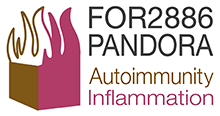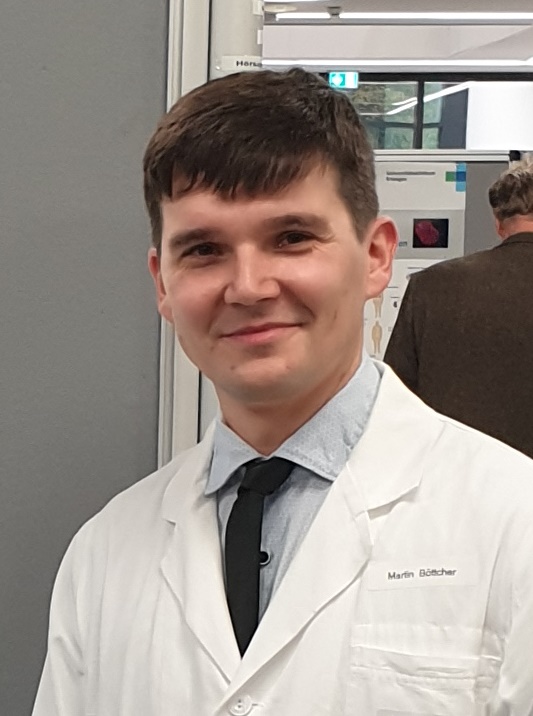Project B4
Metabolic and dietary control of mesenchymal tissue priming and persistence of arthritis
Changes in cellular and systemic metabolic circuits heavily affect theimmune response and might be critical factors controlling the onset and progression of rheumatoid arthritis (RA). In the past funding period, we have shown that metabolic invigoration of synovial fibroblasts (SFs) drives inflammatory tissue priming, which lowers the tissue threshold for repeated inflammation during arthritis. Our preliminary work now demonstrated that dietary interventions, such asnutritional supplementation with microbial-derived short chain fattyacids or intermittent fasting (IF), have the potential to ameliorate inflammatory tissue priming in mice. Untargeted metabolomics revealed that IF substantially changed both the profile of serum metabolites and the bioenergetic signature of SFs, indicating IFinduced immune-metabolic reprogramming of SFs. Furthermore, IF induced characteristic alterations in the gut microbiota. During the second funding period we thus seek to decipher the direct and indirect mechanisms that promote such an IF-induced immune-metabolic rewiring and result in amelioration of arthritis (via microbiome remodeling, amongst oth-ers). Our long-term vision is to design a dietary regimen for ameliorating the onset of arthritis and for preventing inflammatory tissue priming in preclinical models and totranslate positive results to patients with RA and other forms of inflammatory arthritis.
2019-2022 (1st funding period): Immunometabolic Checkpoints within Synovial Fibroblasts in rheumatoid arthritis
While autoimmunity in RA is not tissue specific, inflammation in arthritis specifically homes to the joints suggesting local factors to contribute to disease pathogenesis. To delineate mechanisms underlying the onset of inflammation in arthritis, we performed a transcriptomic and metabolomic analysis of synovial fibroblasts (SFs) from murine RA models. Our preliminary data show that onset of inflammation coincides with a metabolic switch in SFs, which show increased glucose consumption and lactate production as well as a strong upregulation of genes responsible for aerobic glycolysis (”Warburg” effect). The aim of this project is to delineate molecular mechanisms that control this metabolic switch of SFs and to evaluate its role during arthritis onset. In particular, we intend to decipher the potential link between the metabolic and the functional phenotype of SFs, thereby uncovering the contribution to local tissue-resident factors in the onset of arthritis.
Prof. Dr. med. Dimitrios Mougiakakos
University hospital Magdeburg
Chair of Hematology and Internal Oncology
- Phone number: +493916713266
- Email: dimitrios.mougiakakos@med.ovgu.de
Prof. Dr. Dr. Markus Hoffmann
University of Lübeck
Clinic for Dermatology, Allergology and Venereology
- Phone number: +4945131019120
- Email: markus.hoffmann@uni-luebeck.de
Dr. Martin Böttcher
University hospital Magdeburg
University hospital for Hematology and Oncology
- Email: martin.boettcher@med.ovgu.de
Ivana Androsevic
University of Lübeck
Clinic for Dermatology, Allergology and Venereology
Jasna Friscic
Department of Medicine 3
Chair of Medicine III (Prof. Dr. Schett)





